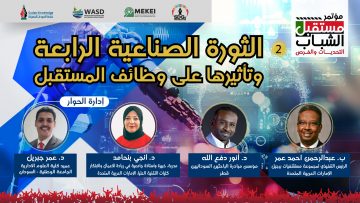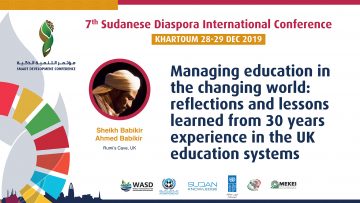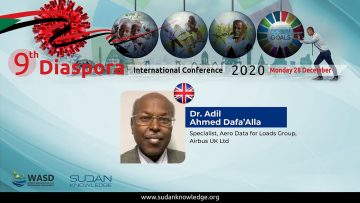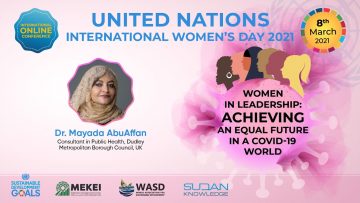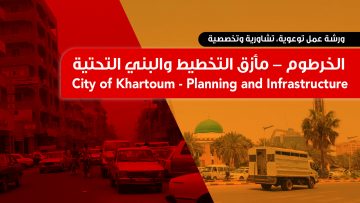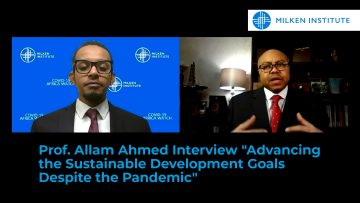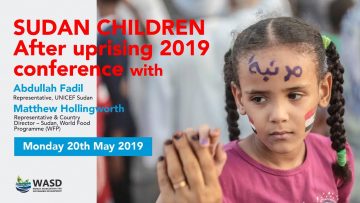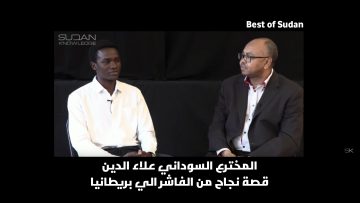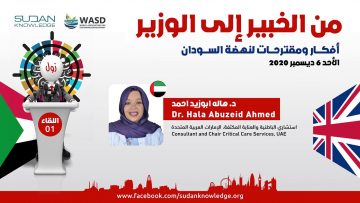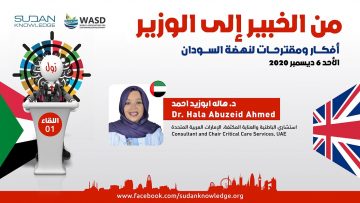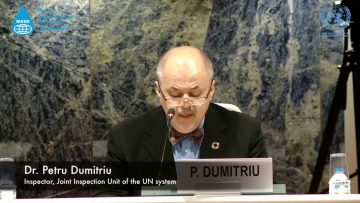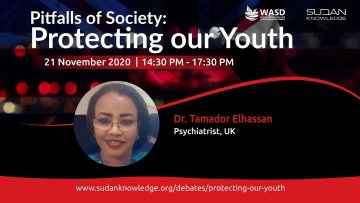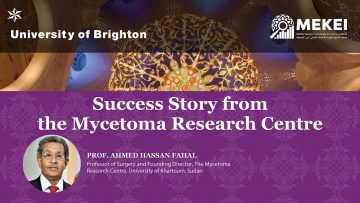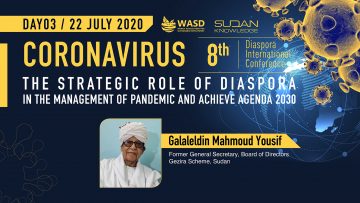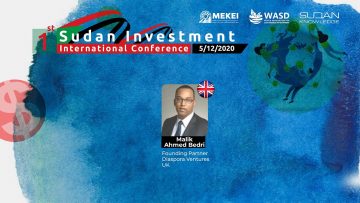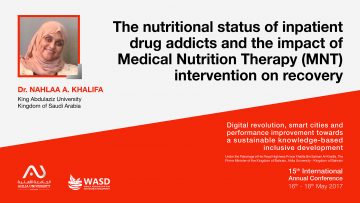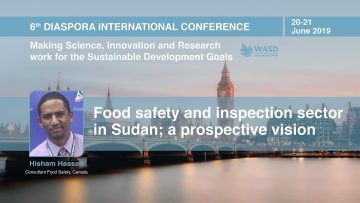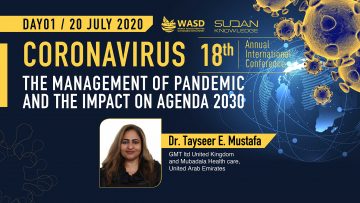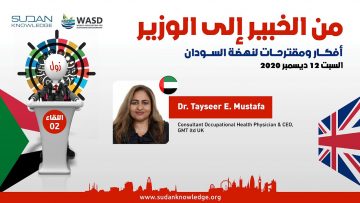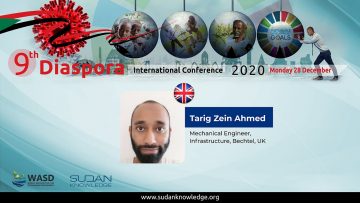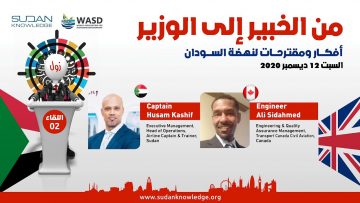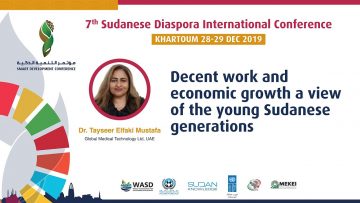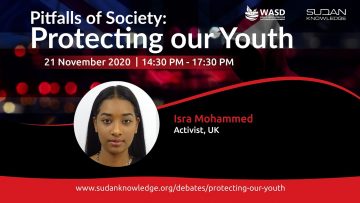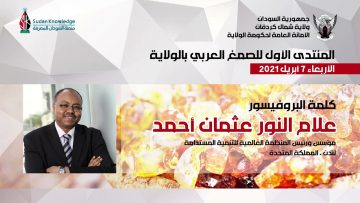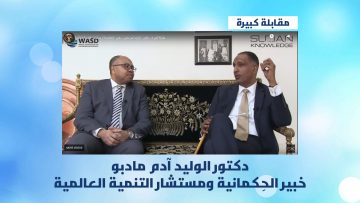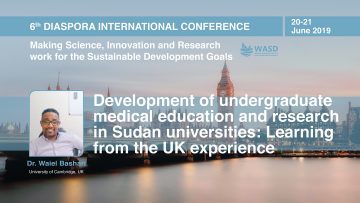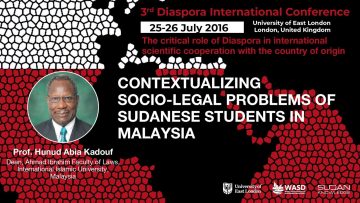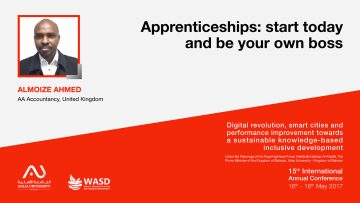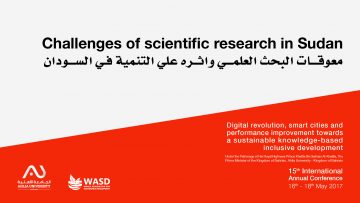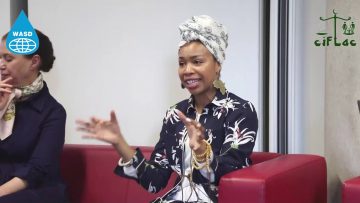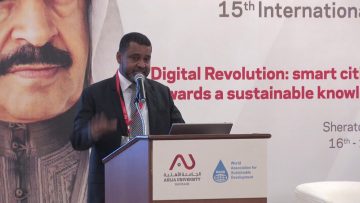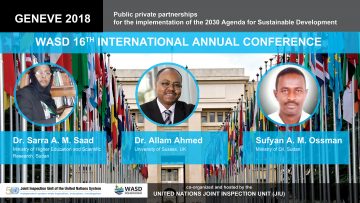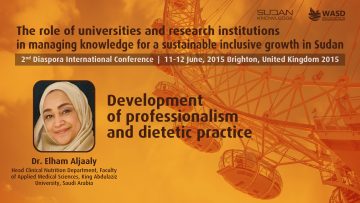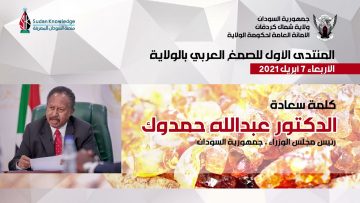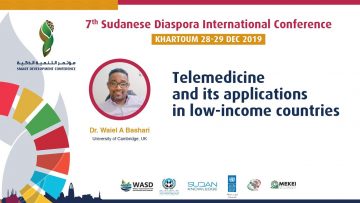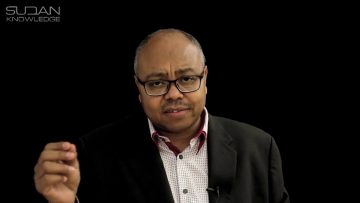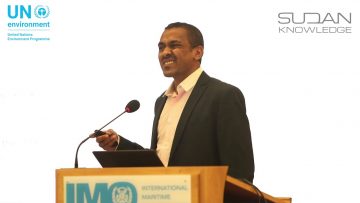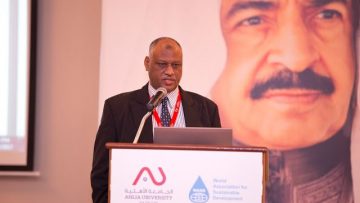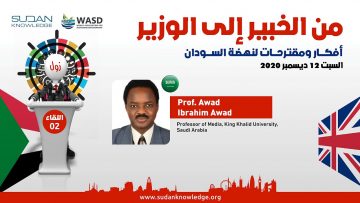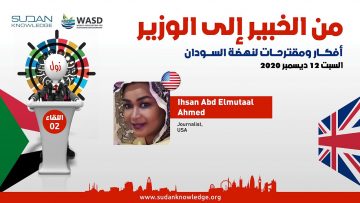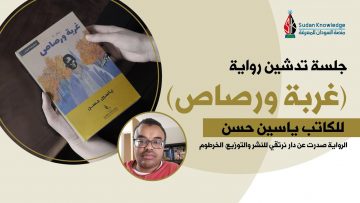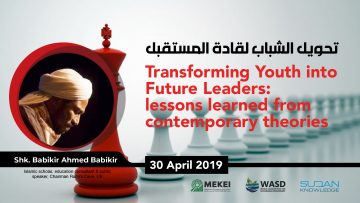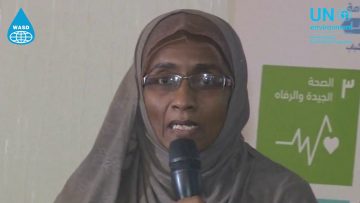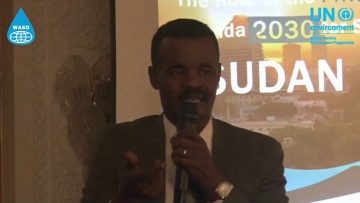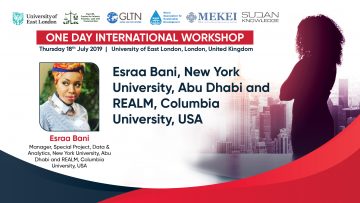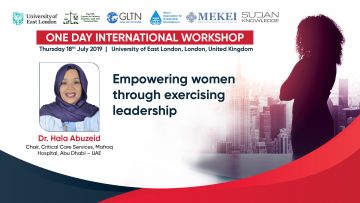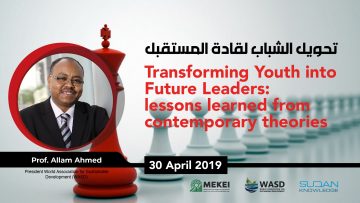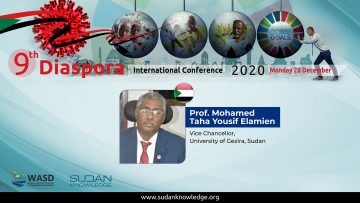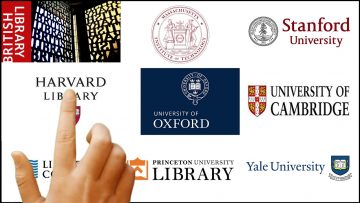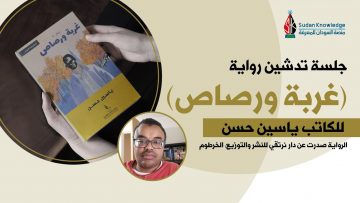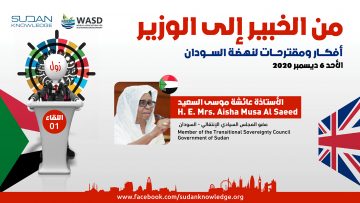- Home
- Portfolios
- Conferences
- Publications
- Academy
- Roundtable
- Who’s Who
- TV
Conferences
Roundtables
Interviews
Covid-19
Diaspora
Health
Education
Economy
Agriculture
Energy
Experts
Aviation
Business
Children
Community
Investment
Darfur
Graduates
Gezira Scheme
GERD
HE
Economic Sanctions
Engineering
Entrepreneurship
Environment
Food
Founder
Gum Arabic
ICTs
Ideas
Industry
Infrastructure
KE
Keynote
Leadership
Media
Peace
Politics
Youth
Talent
PPPs
Research
Revolution
Universities
Women
UN
Training
Workshops
SD
SDGs
Security
Publications
Sudan
LATEST NEWS
- حلقة نقاش مفتوح للاستفادة من اساتذة الجامعات السودانيين بالخارج ومشاركتهم في دعم التعليم العالي في السودان
- AHMED BEDRI is MBE (Member British Empire)
- The future of Sudan after lifting the US sanctions
- UK Sudanese Graduates Conference (SGC-UK)
- Leadership, Change and Talent
- The future direction of health and health care planning in Sudan
- Strategic leadership and performance improvements in higher education and research institutes in Sudan
- Transforming Sudanese Youth into Future Global Leaders
-
-
No videos yet!
Click on "Watch later" to put videos here
- View all videos
-
-
-
Don't miss new videos
Sign in to see updates from your favourite channels
-
Saturday 18th February 2017 (13:30-16:45), University Square Stratford – Stratford
REGISTER HERE
Target audience Academic, health and medical professionals, research, youth, NGOs, civil society groups, businesses, and other stakeholders.
PANEL & PROGRAM
Whole system approach to health care planning in the Sudan
Dr. Mayada Abu Affan, Consultant in Public Health Medicine, Dudley Metropolitan Borough Council, West Midlands and Honorary Lecturer, University of Birmingham, UK
طرح متكامل لتخطيط النظام الصحي في السودان
دكتورة مياده ابوعفان، استشاري الصحة العامة و طب المجتمع، حكومة ددلي المحلية بيرمنجهام، المملكة المتحدة
Health in all policies and opportunities in the wider health system
Dr. Muna Abdel Aziz, Director of Public Health, Warrington, UK and Former Deputy Director of Public Health Institute, Sudan
الصحة في جميع السياسات والفرص المتاحة للنظام الصحي
دكتورة منى عبدالعزيز، مديرة الصحة العامة، وارينغتون، المملكة المتحدة وسابقا نائبة مدير معهد الصحة العامة بالسودان
Emergency Care in Sudan – ًWhat is the Perfect Model?
Dr. Ahmed Eltahir O. Ali, Speciality Registrar in Emergency Medicine, Manchester, UK
الطوارئ في السودان – ما هو الأنموذج المثالي؟
دكتور أحمد الطاهر عثمان، نائب اختصاصي طب الطوارئ، مانشستر، المملكة المتحدة
Health finance and economics in Sudan
Dr Abdelrahman Faki Omer, Specialty Trainee in Clinical Radiology & Former Health Economist at the Federal Ministry of Health in Sudan
تمويل و اقتصاديات الصحة في السودان
دكتور عبدالرحمن فكي عمر، نائب اختصاصي الأشعة التشخيصية و التداخلية، المملكة المتحدة وعمل بإدارة اقتصاديات الصحة سابقا، وزاره الصحة الاتحادية، السودان
Resaerch in Sudan: my experience and the role of Sudan’s young Diaspora
Dr. Rayan Gaafar, Foundation Year 1 Doctor, Buckinghamshire NHS Trust, UK
البحوث في السودان: تجربتي ودور الشباب
دكتورة ريان جعفر، طبيبة بالسنة التأسيسية الأولي، هيئة الصحة المحلية بباكينجهامشير، المملكة المتحدة
Encouraging participation amongst young talent in Sudan and global health policies
Mohammed Abdulaziz, Deputy Director Polygeia & 5th year Medical Student, Cambridge University, UK
تشجيع مشاركة الطلاب الموهوبين في السياسات الصحية في السودان و العالم
محمد عبد العزيز، نائب المدير العام لبوليقيا، مركز أبحاث السياسات الصحية الدولية و طالب طب المستوى الخامس، جامعه كامبريدج، المملكة المتحدة
Is there a ‘one size fits all’ approach to breast cancer screening in Sudan?
Shaza Elamin, 4th Year Medical Student, Queen’s University Belfast, Northern Ireland
هل النهج المتبع عالمياً للكشف المبكر عن سرطان الثدي مناسب للسودان؟
شذي الامين، طالبة طب السنه الرابعة، جامعة كوينز، ايرلندا الشمالية
The world Health Organisation (WHO) defines health as a state of complete physical, mental, and social well-being and not merely the absence of disease or infirmity. For a country like Sudan to achieve this holistic approach to health and wellbeing, there is a need to adopt a whole system approach to planning. This debate will discuss challenges of having a fragmented health care system and proposes solutions to addressing those challenges, including how health is influenced and can influence other social, cultural and behavioural factors and systems in a resource constraint, geographically diverse country like the Sudan. The debate will also cover lessons learnt from the UK health and social care systems and proposes an adapted models culturally and economically suitable to the Sudan.
The seminar will also discuss issues around health finance and economics. As defined by the WHO, Health Financing is concerned with how financial resources are generated, allocated and used in health systems. It is a fundamental part of any future health reform or policy formulation and implementation, particularly in the current economic upheavals and constraints. It is equally important for both low and high-income countries alike – whether the health system is governmentally funded such as in the UK, or business led such as in the US. Health finance in Sudan has more significance; as the health system is insurance-based, which is managed by the National Health Insurance Fund (NHIF). Despite establishing the NHIF, the country still has a long way to go – particularly having one of the highest Out of Pocket Spending (OOPS) from its Total Health Expenditure (THE) at 70%. A reform towards health finance policies that guarantee efficiency, affordability and increase population health coverage are crucial and much needed.
Sudan is at a crossroads facing many crisis and vulnerabilities such as economic and monetary crisis; nearly half of Sudanese live below the poverty line and 3 million children starving; wars and fighting in most parts of Sudan including Darfur; health inequalities with high prices for medicine; deteriorating education system; immigration and terrorism; environmental problems particularly energy including the loss of more than 70% of oil resources in Sudan following the declaration of South Sudan independent in 2011; high levels of unemployment particularly among the youth; international sanctions led by the US; and many other problems and challenges. Faced with all of these problems, it is not surprising that for many people it is becoming very hard to be optimistic about Sudan’s future. Watch last debate on Sudan “SUDAN AT A CROSSROADS: Towards a Vision for the Future & Youth Empowerment”
Moreover, the debate which is a follow up on the Third International Diaspora Conference held at the University of East London in the period 25-26 July 2016, is an excellent opportunities to report the various views and contribution of the Sudanese Diaspora in the UK and other parts of the world on the future development of their country of origin. It is hoped that the debate will be a good opportunity for students, researchers, practitioners, policy-makers, ordinary citizen to reflect on the recent situation in Sudan. Therefore the main aim of this debate is to ensure Sudan is benefiting from its Diaspora (particularly youth) towards the vision for the future and involve them directly in formulating the objectives and desired outcomes of any policy, and the best means of achieving them in Sudan.
Sustainability Debate Series
This multi-disciplinary debate is part of our Sustainability Debate Series aims to provide the participants the opportunity to share their knowledge and experiences from all over the world on major global issues; the emphasis is on the importance of evidence-based planning to overcome the challenges facing global efforts to achieve a sustainable future. For more details about the debate on Sudan issues please watch presentations from WASD’s previous events.
Join us for this exciting debate, where international experts and high level Diaspora from the public and private sectors will give their views on the critical situation in Sudan and how the Diaspora can contribute to shaping the future of Sudan. During the debate the panel will answer questions posted by the participants, please send your question for the panel to the debate coordinator (WASD@sussex.ac.uk) by the 10th of February 2017.
Hosts
World Association for Sustainable Development (WASD)
UN Major Group for Children and Youth (UN MGCY)
Sudan Knowledge (SK)
Middle Eastern Knowledge Economy Institute (MEKEI)
Centre for Innovation Management and Enterprise (CIME), University of East London (UEL)
Media Partners AILTV | Clear Image Media Group |3Cs Messages Productions
13:30-13:45 Arrival
13:45-15:30 Session One
15:30-15:45 Break
15:45-16:45 Session Two



